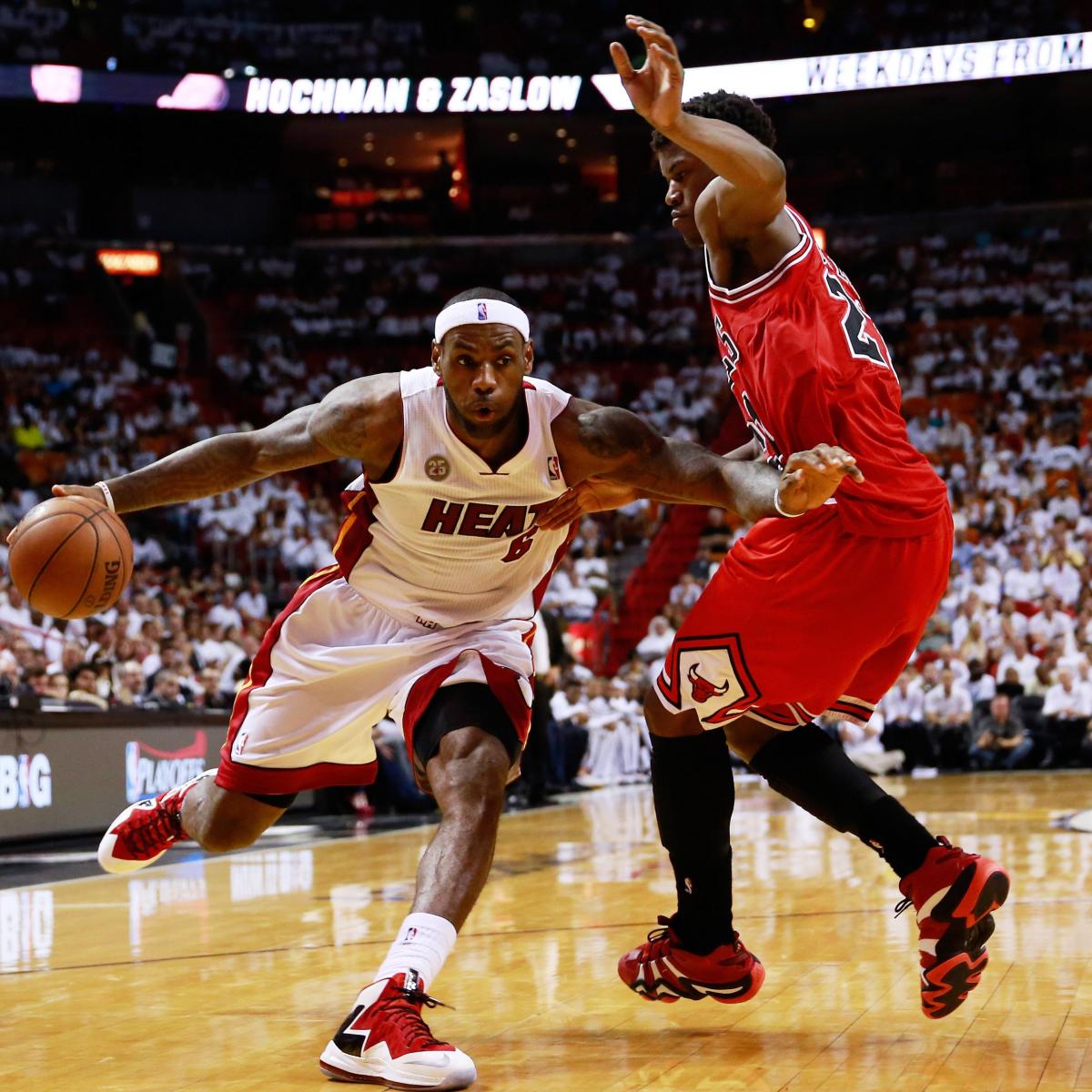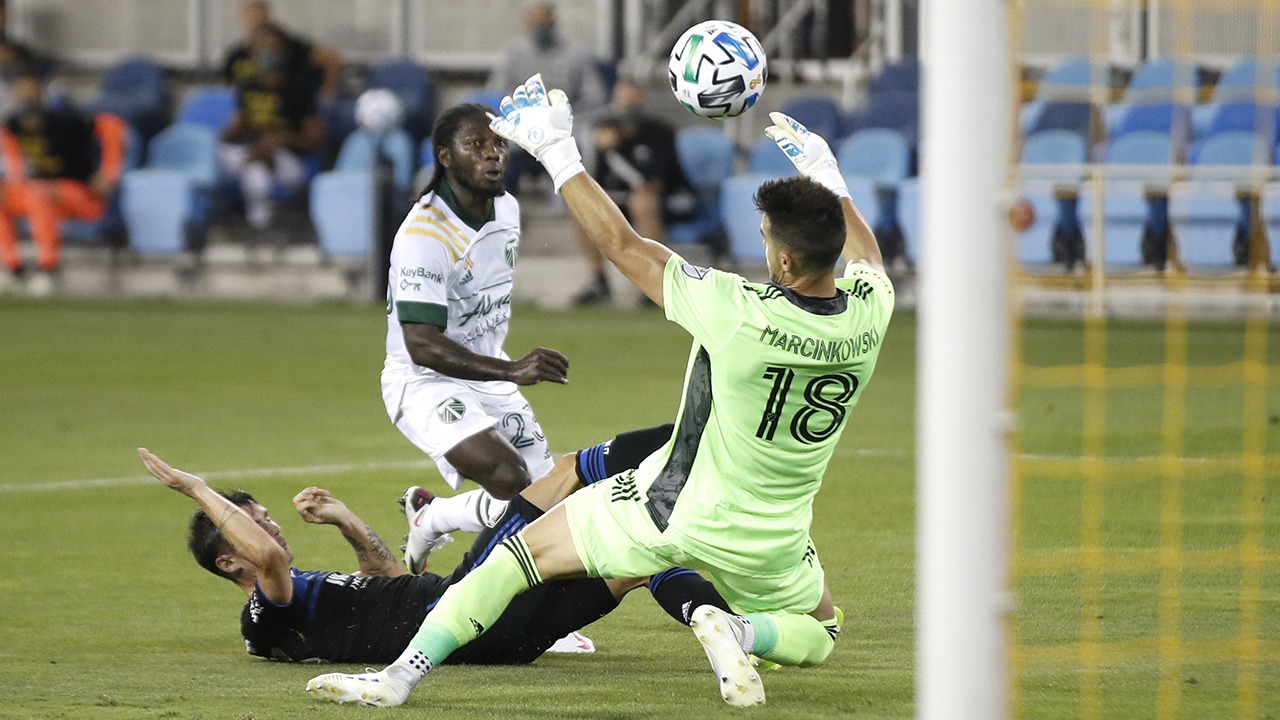Paddy Pimblett's Post-Fight Weight: A 40lb Increase Explained

Table of Contents
Paddy Pimblett, the charismatic UFC lightweight known as "The Baddy," is a fan favorite for his exciting fighting style. However, another aspect of his career frequently discussed online is his significant post-fight weight gain – often reported to be around 40lbs. This dramatic weight fluctuation has sparked interest among fans and experts alike, prompting questions about the underlying causes and potential long-term consequences. This article delves into the potential reasons behind this remarkable increase.
The Dehydration Factor in MMA Weight Cuts
Extreme weight cutting is a common, albeit controversial, practice in mixed martial arts (MMA). Fighters often drastically reduce their weight in the weeks leading up to a fight to compete in a lower weight class, gaining a competitive advantage. This process frequently involves severe dehydration, which carries significant health risks.
Rapid weight loss through dehydration leads to several dangerous consequences:
- Severe dehydration leading to electrolyte imbalances: This can cause muscle cramps, weakness, dizziness, and even heart irregularities.
- Increased risk of kidney damage and other health complications: The strain on the kidneys from rapid fluid loss can lead to serious, long-term health problems.
- Compromised athletic performance due to fluid loss: Dehydration negatively impacts strength, endurance, and cognitive function, potentially hindering a fighter's performance in the octagon.
- Many other high-profile MMA fighters, like Jorge Masvidal and Conor McGregor, have also openly discussed the extreme measures they take to make weight.
Paddy Pimblett's Weight Cutting Strategy and Reported Methods
While the specifics of Paddy Pimblett's weight-cutting methods remain largely undisclosed, it's understood that he, like many MMA fighters, engages in rigorous weight management strategies before his fights. Publicly available information about his exact techniques is limited. Any comments made by Pimblett himself regarding his weight management practices, or details shared by his team or nutritionists, are crucial in understanding his approach. However, without direct confirmation from his camp, it is impossible to fully detail his specific strategy. The lack of transparency surrounding these methods makes it difficult to pinpoint the exact causes of his post-fight weight gain.
The Role of Diet and Rehydration in Post-Fight Weight Gain
After a fight, the body rapidly rehydrates, causing a significant weight increase. This is a natural physiological response to the extreme dehydration experienced during the weight cut. Furthermore, post-fight nutrition plays a crucial role.
- Increased water retention after intense dehydration: The body works to replenish its fluid levels, leading to substantial weight gain.
- Glycogen replenishment and its contribution to weight: Glycogen, the stored form of glucose, is depleted during intense training and the fight itself. Replenishing glycogen stores adds considerable weight.
- Impact of consuming high-sodium foods on water retention: Sodium intake influences water retention, further contributing to the weight increase.
- The importance of a balanced diet for long-term weight management: A healthy diet is essential for overall health and managing weight fluctuations.
The Long-Term Implications for Paddy Pimblett's Health and Career
The extreme weight cutting practices prevalent in MMA, and likely employed by Paddy Pimblett, carry potential long-term health risks. Frequent weight fluctuations can severely impact a fighter's well-being and career longevity.
- Risk of injury due to compromised muscle strength and hydration: Dehydration weakens muscles, increasing the risk of injury.
- Potential for reduced stamina and overall athletic ability: Repeated dehydration can impair cardiovascular health and athletic performance.
- Impact on the fighter’s overall well-being: The stress on the body from extreme weight cuts can negatively impact overall health.
- The long-term effects of such practices can be seen in the careers of several MMA fighters, who have suffered from long-term health problems due to extreme weight cutting.
Conclusion
Paddy Pimblett's significant post-fight weight gain, often reaching 40lbs, is likely a consequence of the extreme weight-cutting practices common in MMA, compounded by rehydration and dietary changes post-fight. While this is a widespread issue in the sport, the long-term health implications for fighters like Pimblett are undeniable and warrant serious consideration. The need for safer and healthier weight management strategies in MMA is paramount.
Understanding Paddy Pimblett's post-fight weight increase highlights the challenges faced by MMA fighters. Continue to learn more about the complexities of weight management in MMA and the potential health consequences of extreme weight cuts. Search for more information on "Paddy Pimblett weight cut," "MMA weight management," or "fighter health and weight" to further your understanding of this important topic.

Featured Posts
-
 Analyzing Stephen Hemsleys Leadership Success Or Failure At United Health
May 16, 2025
Analyzing Stephen Hemsleys Leadership Success Or Failure At United Health
May 16, 2025 -
 Catch All The Action Your Complete Guide To Watching The Nhl Playoffs
May 16, 2025
Catch All The Action Your Complete Guide To Watching The Nhl Playoffs
May 16, 2025 -
 Padres On Deck A Strong Start To The 2025 Season
May 16, 2025
Padres On Deck A Strong Start To The 2025 Season
May 16, 2025 -
 Gsw Campus Security Incident Individual Apprehended All Clear Signal Given
May 16, 2025
Gsw Campus Security Incident Individual Apprehended All Clear Signal Given
May 16, 2025 -
 San Jose Earthquakes Rout Portland Timbers 4 1
May 16, 2025
San Jose Earthquakes Rout Portland Timbers 4 1
May 16, 2025
